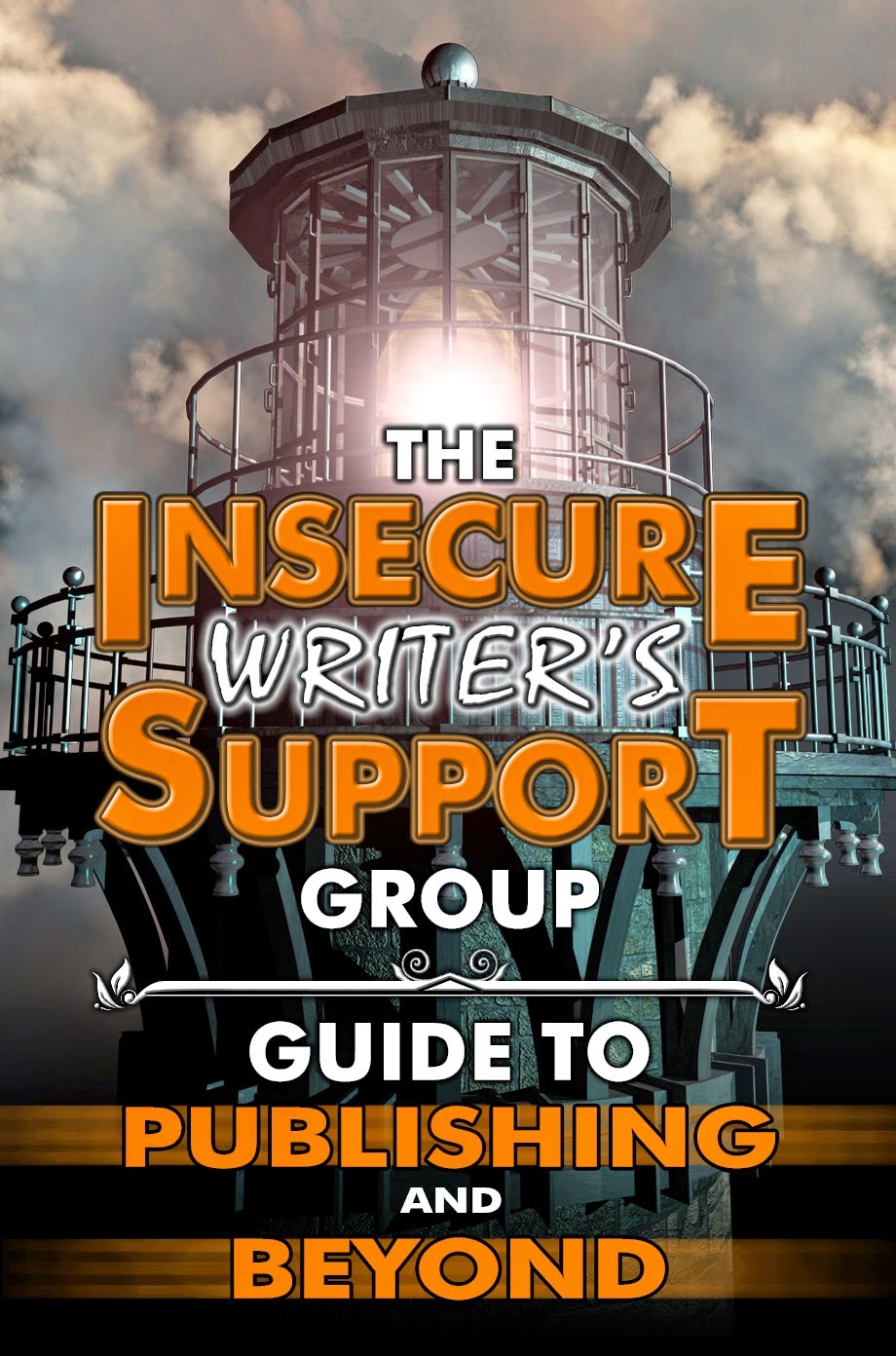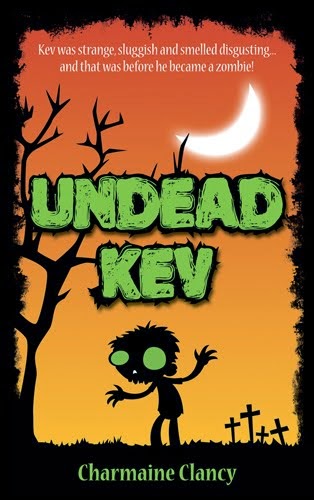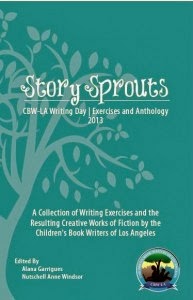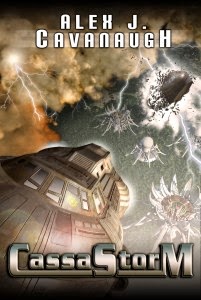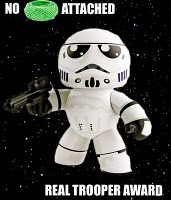There comes a time when you have to face facts. You’ve tried
to convince yourself that scene where your main character goes back to her old
house and stares at it for four pages is a good scene, an important scene where
the reader learns things they need to know, but... it just isn’t a very
interesting scene.
You know this because none of the people who’ve read it have
ever said anything good about it. Quite a few have said bad things about it.
And most have not mentioned it at all. You could take their silence as a sign
they’re okay with it, but do you really want to write a story that’s just okay?
So, something’s got to change.





















